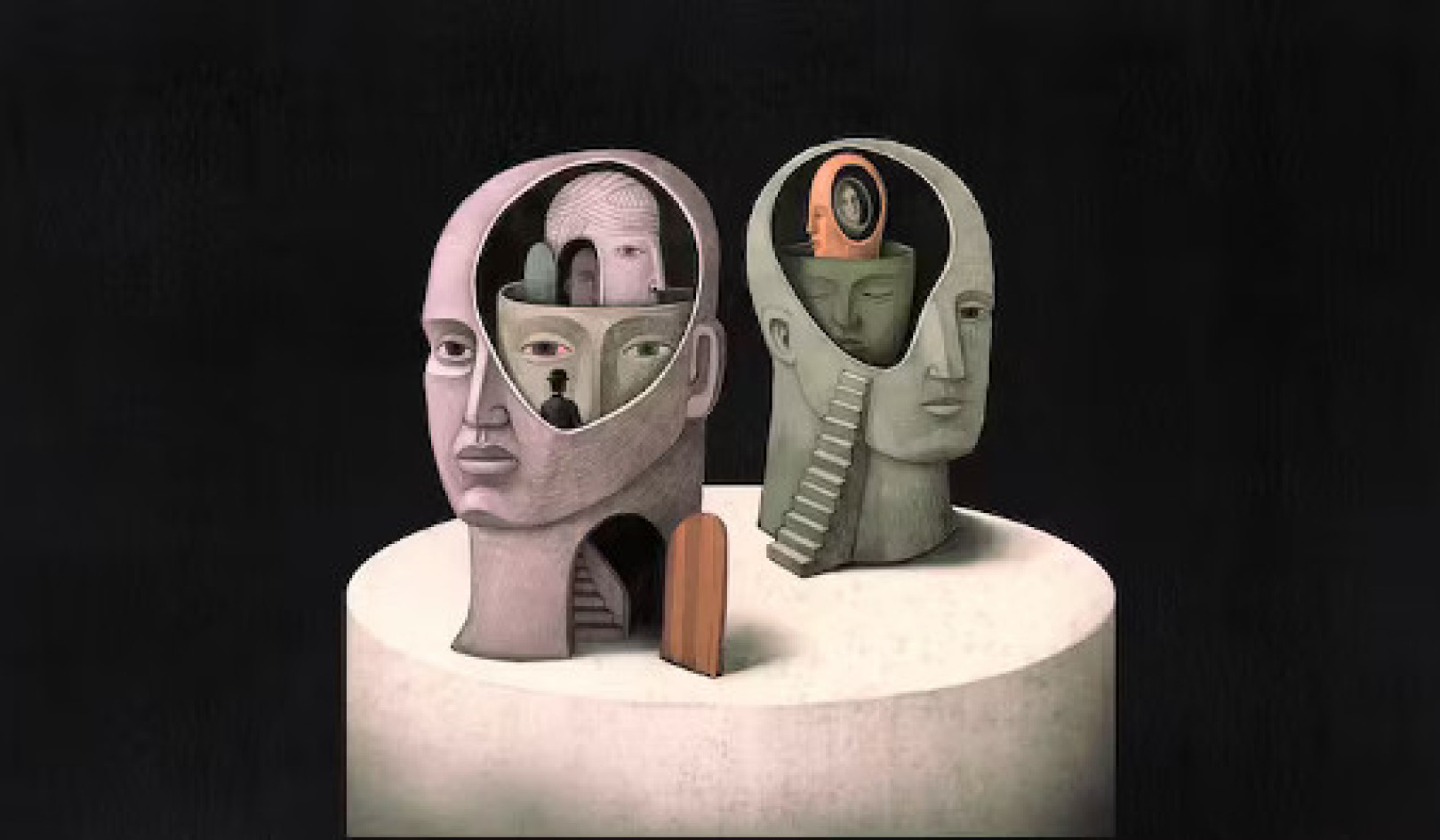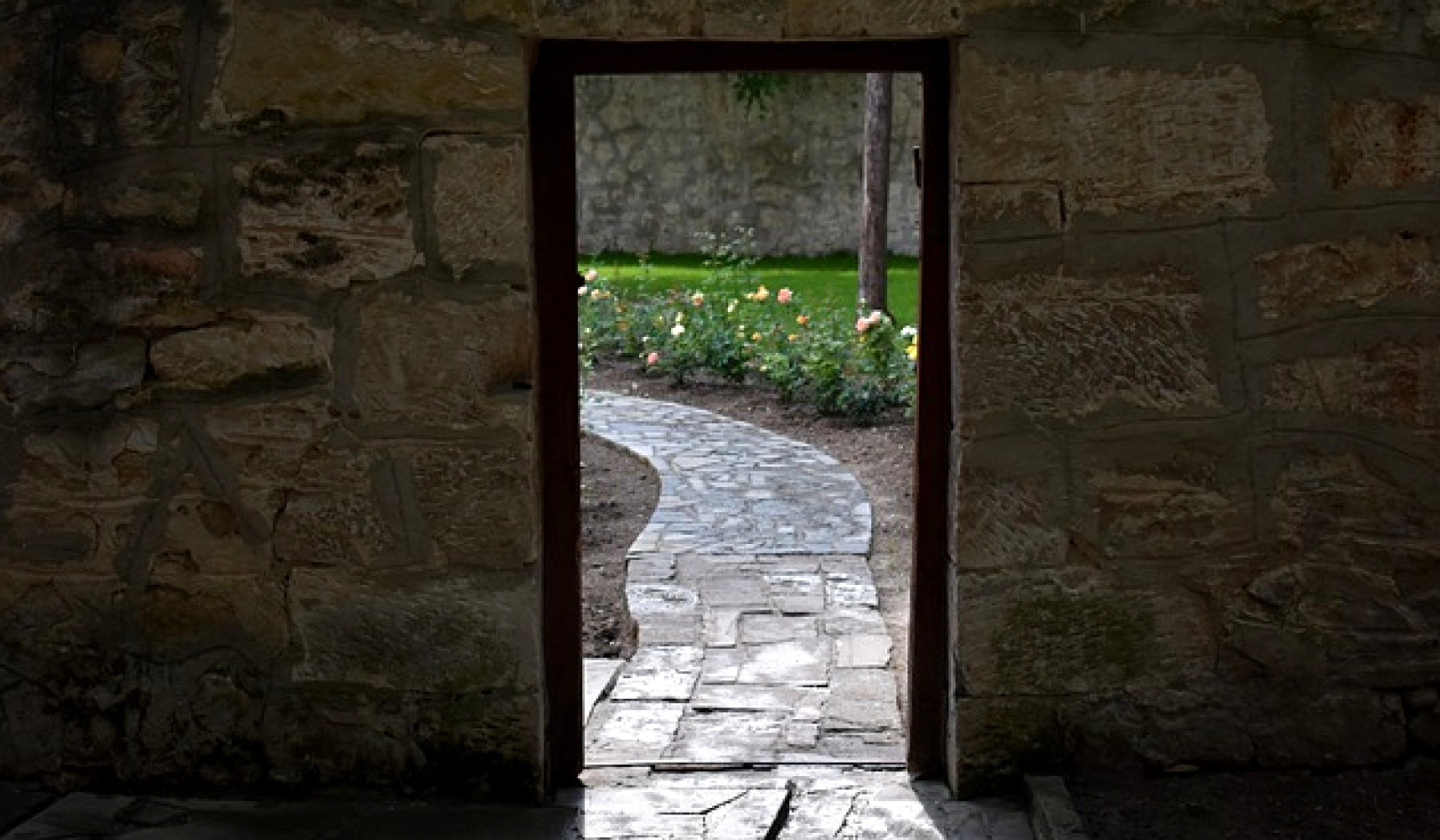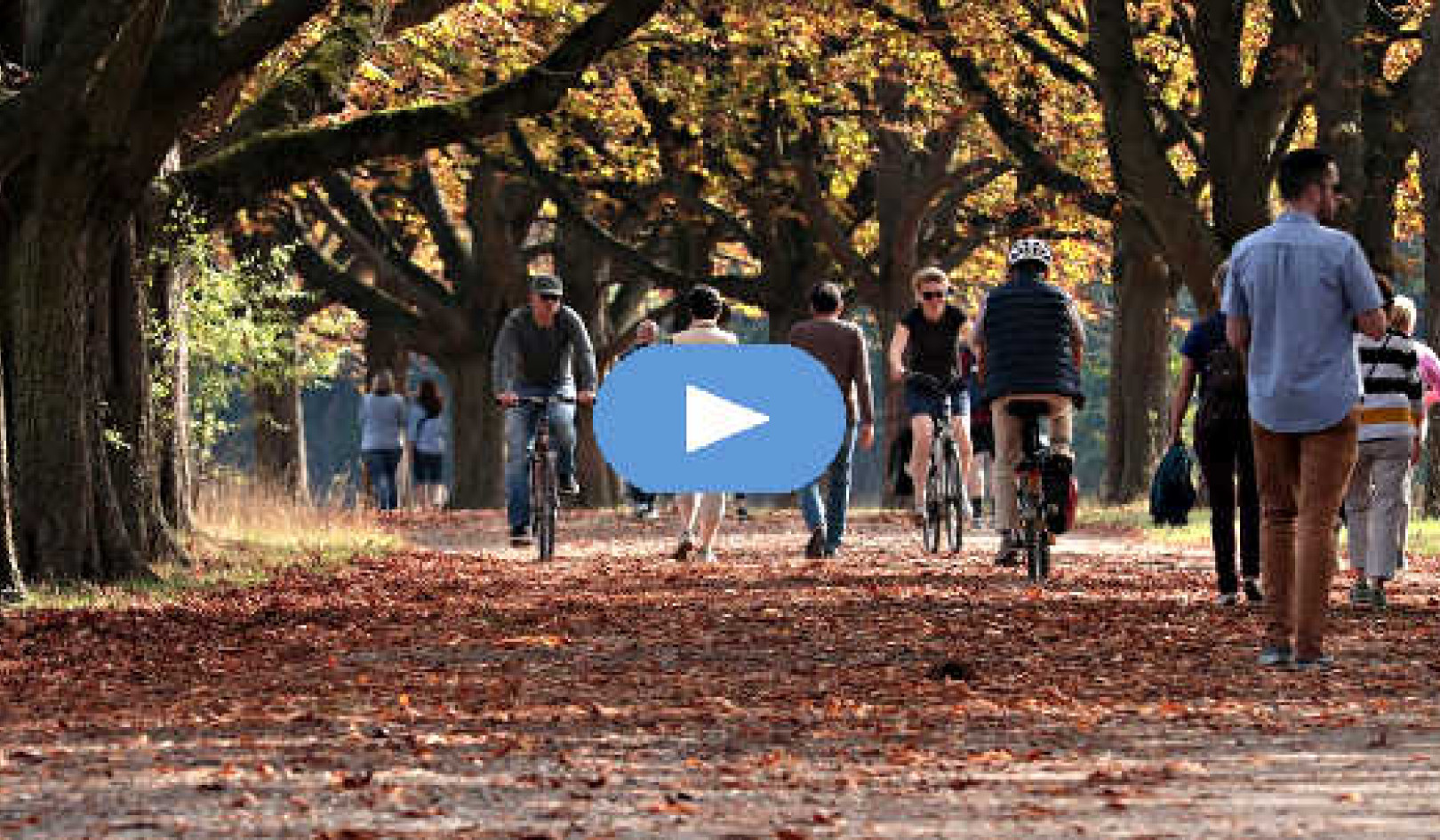
Do you really want to look back on your life
and see how wonderful it could have been
had you not been afraid to live it? —CAROLINE Myss
An AARP survey asked adults age eighteen and older if they wanted to live to be one hundred. Guess what? Sixty-three percent of them said no.
Despite the fact that we have a good chance of reaching one hundred (whether we like it or not), many of us fear the unknown landscape of aging. We fear illness, not having enough money, losing our mental abilities, being dependent on others, and becoming a burden to our families. Truth is, we don’t have ultimate control over these situations, but we aren’t completely helpless victims either. Many centenarians are still active in their communities and are practicing their skills, enjoying their hobbies, and feeling surprisingly healthy.
My good friend Tita Buxton (age seventy-six) believes we shouldn’t focus on what we fear about aging. “By fearing the unforeseen [aging], the future becomes what we fear.” She says this can result in “a self-fulfilling prophecy. When I read all the stuff about aging and memory loss, I could get hung up about it rather than enjoying the life and health I do have.” Tita has a point. I believe we need to face our fears and choose to live a good life in spite of them.
FEAR OF AGING
When we talk about our fear of growing old, what are we saying? Most of us are concerned and fearful of becoming disabled, weak, and sick.
I’m not saying that some of that doesn’t happen, but consider this: on any given day in the United States, of all our population over sixty-five, more than 80 percent, are doing just fine physically—they’re fully functional and independent!
People are vigorous and healthy longer than they used to be. For example, someone eighty today may be the physical and mental equivalent of a sixty-year-old in the previous century.
I find that if I experience each passing year as an opportunity to learn something about life, I feel more positive, more alive.
My seventy-five-year-old friend Melinda Martin once told me that one of the many things no one tells you about aging is that it is such a nice change from being young. That caused me to think about some of the nice changes that have occurred in recent years. I do feel more confident and a lot wiser than I did twenty years ago. In fact, lately I’ve been taking exercise and diet a lot more seriously, and I’m feeling stronger. I also don’t worry so much about what life will bring because at this point, I’ve been through a lot, both physically and emotionally, and—look!—I’m still here to write about it.
What are you most afraid of about aging, and what can you do to help alleviate your fears?
ALONE, ALIVE, AND WORRIED
Maybe you’re living alone right now, or perhaps you’re anticipating you will be at some time in your life. Consider that you will have a choice when the time comes. Alone is a choice, not a condition.
People age sixty-five and over are adopting a living situation more commonly associated with students and young professionals—living with roommates to share companionship and expenses, and to provide some added security. They respect each other’s independence and privacy, cook dinners for each other, help with driving, notice when the other’s not feeling well, and generally provide support to one another.
What alternate living choices are you willing to consider in the future?
FEAR OF BEING A BURDEN
The way you approach life now will affect the quality of your old age and whether or not you become burdensome. Try investing in a wider world by making friends of all ages. Make sure your doctors will be there when you need them by finding doctors who are younger than you are. Spend less and save more, pay attention to nutrition, and for goodness sake, exercise more.
We are ultimately responsible for our own lives. Even so, the time will come when we’ll all need help. In my mind, when the time comes, I will not consider myself a burden. Instead I will consider that I will need, as we all do, support and encouragement from my friends and family.
What life decisions can you make now that will affect future challenges?
FEAR OF PAIN
One of the ways to break the stress-pain cycle is to learn how to meditate. Investigate meditation classes, or buy a relevant book or relaxation CD. When it comes to surgery, for instance, start practicing the technique early so that by the time you get to the operating room, you’ve become a master. With practice, you will be able to lie there, elicit the relaxation response, and feel a lot better.
One of my favorite pain management techniques is visualization. I imagine I’m in one of my favorite places—the island of Kauai in Hawaii. Also known as guided imagery, this technique involves using your mind’s eye to picture something that will both distract your thoughts and promote a sense of release and relaxation.
Are you in physical pain? If so, what additional steps can you do to manage it?
FEAR OF LOSING CONTROL
Riding back from the library on a beautiful late March afternoon, I was met head-on at a stoplight by a speeding, out-of-control, four-wheel-drive, teenage-driven vehicle.
One minute, I was a newly contracted, soon-to-be author; a gainfully employed psychotherapist; and a part-time consultant—the next minute, I was suffering a traumatic, closed-head brain injury. Before the accident, I had been in control of my life and the pursuit of happiness. The next day, I was dependent on others to make decisions for me, to drive for me, to think logically for me, to help me walk straight and find words, to guide me from room to room when I got lost in my own house.
Before the accident rearranged my life, I’d thought I was in control of my life. I knew exactly what the plan was and where I was going. The schedule was suddenly different now, life going slower than I could have ever imagined, taking on its own composition, its own movement.
Acknowledge that you have little control over outside events. Brushes with death or sudden life changes can help us develop an increased awareness of how little we do control. Life goes on making its own plans, producing its own troubles and joys— and it’s still worth living.
In what way has life shown you that you are not totally in control? What have you learned from those experiences?
OH NO, NOT PUBLIC TRANSPORTATION!
Health combined with age is a more important predictor of driver self-regulation than age alone. So if you’re an eighty-five-year-old woman with good vision, good reaction times, and good health, keep on driving. But get your eyes checked at least once a year, and make sure your ears are working, too. You don’t want to mistake honking horns for migrating geese!
As you get older, get used to public transportation while you still drive so it won’t be so hard on you later on. In planning for our futures, we need to ask ourselves the hard questions of where we would live and how we would get around if we couldn’t access some form of transportation. Some rural or suburban areas have sparse public transportation and a lack of nearby goods and services. If you live in such an area, you might research privately owned shuttles, look at moving to a city, or discuss other options with family and friends.
What transportation alternatives are you willing to consider when the time comes?
FEAR OF DYING
When faced with our own mortality, we may begin to question
other aspects of our lives, including the choices we have made along the way. Alongside our fear of dying, questions may arise, such as: Did I choose the right partner? The most fulfilling career path? Am I happy with my current life, and do I have the courage to change before I no longer have options?
It’s those things left undone that came to mind as I was facing death. I thought about the book I hadn’t written that I had intended to write “one of these days.” I was sorry that I hadn’t told my husband, children, and friends often enough how much I loved them.
I’m not so much afraid of dying as I am of not having lived my life to the fullest. These days, I’m trying hard not to put off, hold back, or save anything that would add laughter and radiance to my life and the lives of those I love. Every morning when I open my eyes, I tell myself that this day is special. Every day, every minute, every breath truly is a gift from God.
What have you been putting off that you can do now?
FEAR OF BEING A BAG LADY
When my friends and I get together, inevitably one of them brings up the fear of not having enough financial resources to make old age a positive experience. I respond, realistically, how much money do you need to be happy, to feel secure?
You don’t have to deplete your resources if you take action now to begin living creatively and actively seeking alternatives to spending more than you can afford. For instance, take advantage of senior discounts, offer personal services instead of giving expensive gifts, check out books and DVDs from the library instead of buying them, and discover the pleasures that can come from a walk in a beautiful place instead of shopping at the mall.
If you’re worried about resources, who says you can’t continue to work at a job if you want and need to? Why spend one-fifth to one-third of your life in retirement? Along with millions of others, we are likely to be healthy and active well into our futures, so why not make some money while we’re at it? Most of all, try not to live in fear. Living in fear is not really living.
In your journal, note some practical and creative ways you could economize, starting today.
FEAR OF ASKING FOR HELP
Many of us have been taught that we shouldn’t admit to our pain and suffering, so we bear them in silence. We begin to feel alone, yet if we need companionship, we need companionship. Let’s not be fearful of asking for what we need.
Here are some suggestions: If you live alone or need help from time to time, organize a support system of friends, relatives, and organizations that you can call on. Make sure your home is organized so a helpful neighbor or friend can find what is needed to give you a hand. Make sure important names and phone numbers are handy and visible for all to see.
You’ll likely appreciate others doing nice things for you, but did you know that it makes people feel good to help others. Asking someone for help is a positive, not a negative. Some things are even more fun when done with the support of someone else. Don’t be afraid to ask for help.
©2005, 2014 by Pamela D. Blair. All Rights Reserved.
This excerpt was reprinted with permission of the publisher,
Hampton Roads Publishing. www.redwheelweiser.com
Article Source
 Getting Older Better: The Best Advice Ever on Money, Health, Creativity, Sex, Work, Retirement, and More
Getting Older Better: The Best Advice Ever on Money, Health, Creativity, Sex, Work, Retirement, and More
by Pamela D. Blair, PhD.
Click here for more info and/or to order this book on Amazon.
About the Author
 Pamela D. Blair, PhD, is a holistic psychotherapist, spiritual counselor, and personal coach with a private practice. She has written for numerous magazines, appeared on radio and television talk shows, and co-authored a bestselling book on grief entitled I Wasn't Ready to Say Goodbye. She is also the author of The Next Fifty Years: A Guide for Women at Midlife and Beyond. As a therapist, she is known for her holistic approach and her innovative personal growth workshops. She lives in Shelburne, VT. Visit her online at www.pamblair.com.
Pamela D. Blair, PhD, is a holistic psychotherapist, spiritual counselor, and personal coach with a private practice. She has written for numerous magazines, appeared on radio and television talk shows, and co-authored a bestselling book on grief entitled I Wasn't Ready to Say Goodbye. She is also the author of The Next Fifty Years: A Guide for Women at Midlife and Beyond. As a therapist, she is known for her holistic approach and her innovative personal growth workshops. She lives in Shelburne, VT. Visit her online at www.pamblair.com.
Watch an interview: Author Pamela Blair and "Getting Older Better"



























